 The authors of a Cell Metabolism paper are pulling it after discovering blot images that “appear more than once in independent and unrelated experiments.”
The authors of a Cell Metabolism paper are pulling it after discovering blot images that “appear more than once in independent and unrelated experiments.”
Just how the duplication occurred in the 2009 paper — about transcription of mitochondrial DNA — remains a mystery, the authors note:
…the reasons for the errors are still under investigation…
Meanwhile, we’ve learned that the last author on the paper — Carlos Moraes of the University of Miami — has requested a retraction for another 2013 paper in Mitochondrion, also co-authored by Tina Wenz at the University of Cologne in Germany. That paper is among multiple publications co-authored by Moraes and Wenz that have been flagged on PubPeer.
We’ve reached out to the parties involved, and received a warning from an attorney representing Wenz that if we write about Continue reading University investigating duplicated images in retracted paper
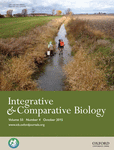
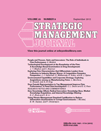 A
A  The
The 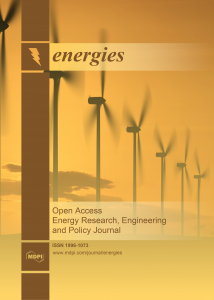 An electrical engineering
An electrical engineering 
 A
A 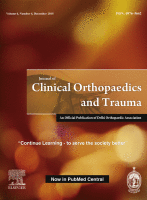
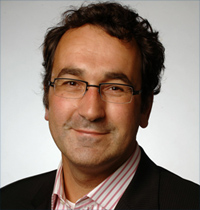 We’ve learned about two more retractions we missed for
We’ve learned about two more retractions we missed for 